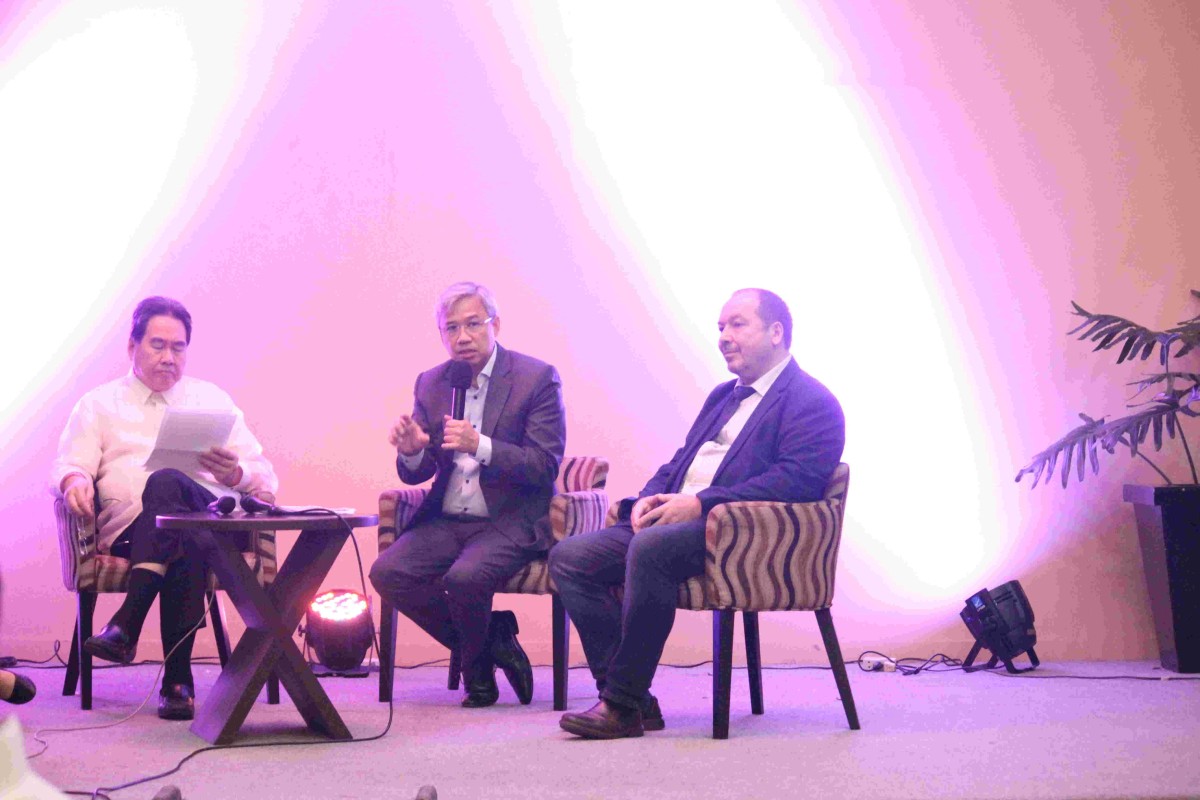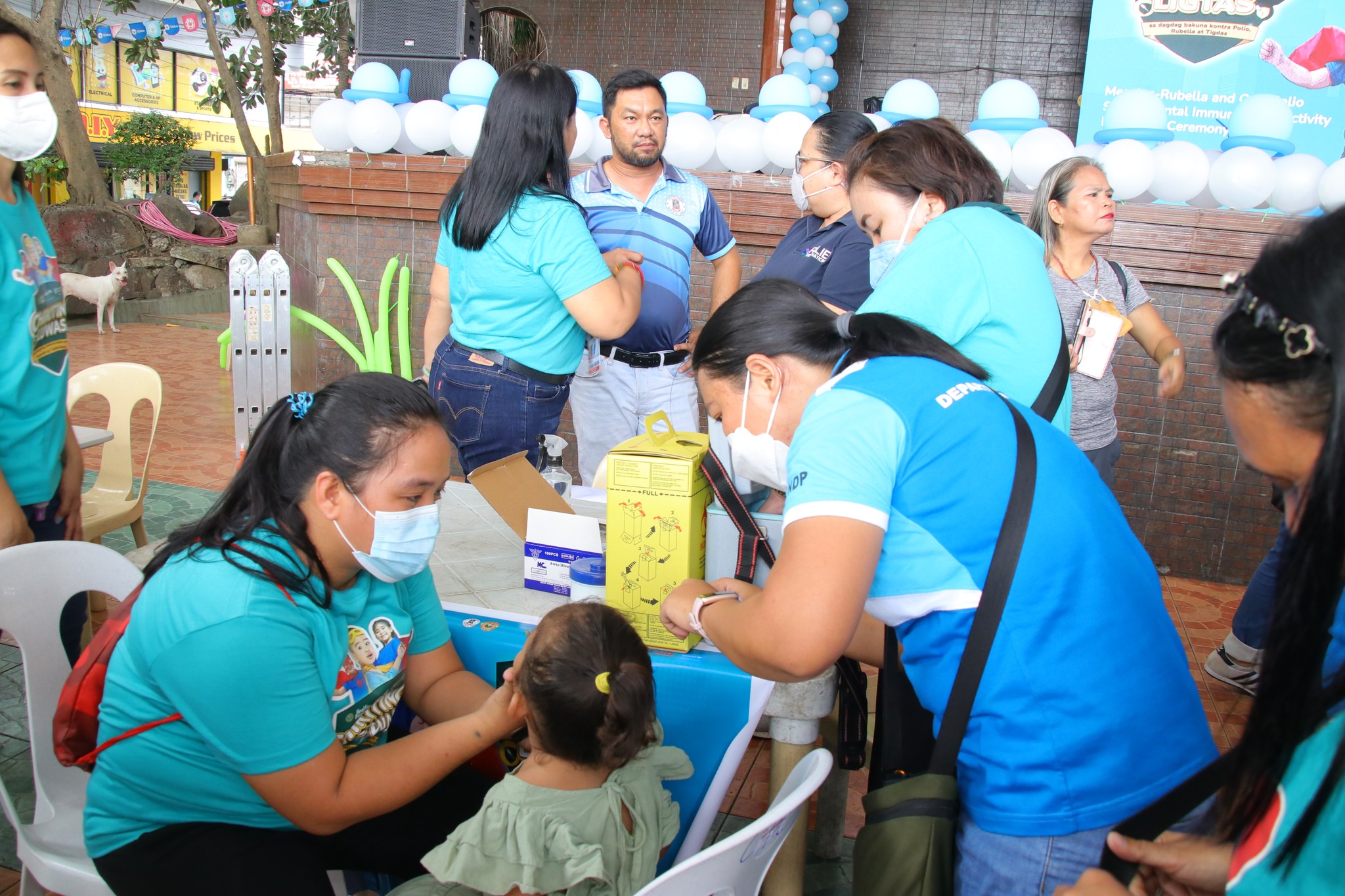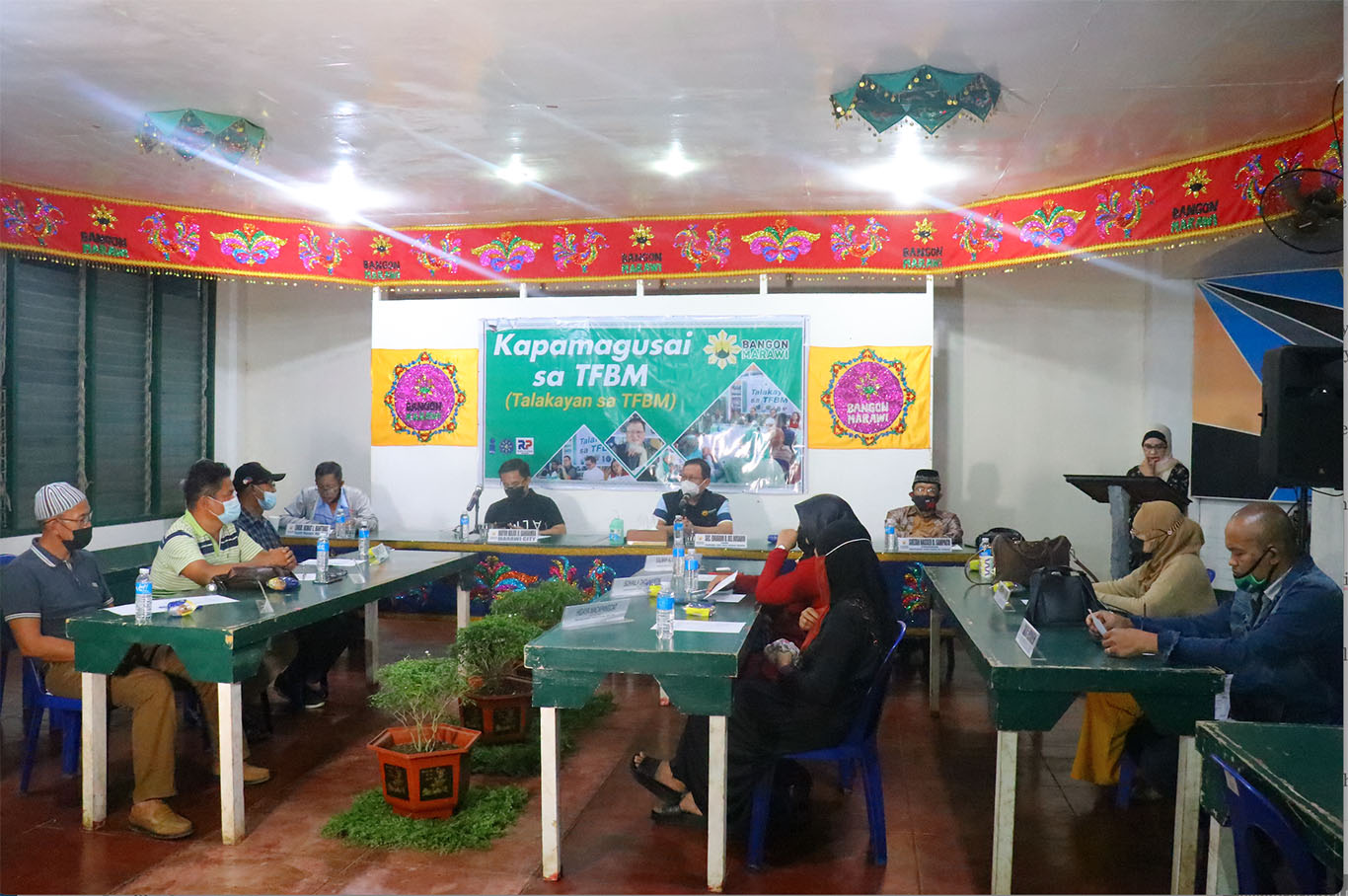CAGAYAN DE ORO CITY (PIA)—The Department of Environment and Natural Resources – Region 10 (DENR-10), in collaboration with Nestle Philippines, gathered representatives of industries and government offices last Oct. 6 for an Extended Producer Responsibility roundtable discussion dubbed “Rethinking Plastics: EPR Paving the Way Towards Circularity.”
During the roundtable discussion, the facilitators guided participants through the registration process by informing them about opportunities for collaborating with the government to ensure the successful implementation of the EPR Law.
Next came a panel discussion where recommendations were gathered for the DENR's collective report.
The program will share collective reports from the previous EPR roundtable discussion, including the key takeaways and recommendations from the panel and roundtable discussions.
Regional Executive Director Henry A. Adornado of DENR-10 said the event was well-appreciated after two successful runs in Manila and Cebu, attended by over 300 participants.
He said the event is part of the department's efforts to influence and encourage more obliged enterprises (OEs) to register their EPR programs with the DENR-Environmental Management Bureau (EMB) to comply with the 2022 EPR Act.
EPR is an environmental policy approach that originated in places like Japan, Australia, some states in Europe, and Latin America—although the schemes vary.
In the country, the EPR law requires companies with total assets of over Php 100 million, called Obliged Enterprises (OEs), to adopt and implement policies for proper management of plastic packaging waste, with auditing and annual compliance reports to be submitted.
For this first year of EPR implementation, OEs must divert 20 percent (%) of the plastic waste produced by the end of 2023. The rate increases further to 80% by 2028.
These obligations may include the diversion, transportation, and disposal of recovered waste and the cleanup in coastal and public areas.
Department of Environment and Natural Resources Undersecretary for Policy, Planning and International Affairs Jonas R. Leones also reported the implementation status of the EPR Act of 2022, specifically on the different companies' submission of EPR programs.
He said there are 114 submissions for obliged enterprises (OERs), 53 for collectives, 307 for producer responsibility organizations, and 248 submissions for micro, small and medium enterprises.
Usec. Leones also clarified the entities responsible for submitting an Extended Producer Responsibility (EPR) program. OERs are product producers mandated by the Act to execute an EPR program.
"Collectives," on the other hand, refers to groups that create and implement an EPR program exclusively for their members. Producer Responsibility Organizations are entities that establish a shared platform for the EPR program among their members but also allow affiliates to participate.
Finally, micro, small, and medium enterprises (MSMEs) are those surpassing the total value of assets established for medium enterprises under Republic Act 9501 within the same industry or carrying the same brand trademark.
“Industries, please, if you feel you are qualified to be registered, andu'n naman po yung requirements. If you feel that your capitalization is a hundred million or above, you must register. So, there would be an incentive package. (Industries, if you believe you qualify for registration, you can review the requirements. If your capitalization exceeds one hundred million, registration is mandatory. We also offer incentive packages)," the undersecretary explained to the companies in attendance.
The undersecretary also urged the industry representatives not to dwell on penalties at this stage, as it's not currently part of the discussion. During the roundtable discussion, their primary focus should be on deciding to register and exploring how the DENR can help them.
Cagayan de Oro City's second district representative Cong Rufus B. Rodriguez and Vice Mayor Jocelyn B. Rodriguez graced the event.
Cong. Rodriguez, meanwhile, shared that there would be a second round of Extended Producer Responsibility roundtable discussion inviting various companies for an information and educational campaign.
He said it could also be a venue for private institutions to sign a commitment to manage their plastic waste responsibly.
He emphasized that those companies who will not honor invitations will be visited, adding that EPR Law is a law that has to be followed to protect the environment.
The lawmaker also made a proposed action for plastic waste management of different barangays in the city.
“For the City, there is an initiative that we are trying to do. I have suggested to my sister, as the presiding officer of the City Council of Cagayan de Oro, to appropriate funds and have the barangays segregate and collect. The city government will compensate their services with cash, and they will receive incentives from Nestle and other companies based on the city's collections. So, the city's investment will be recovered by receiving a 20% share from companies like Nestle and others. The money will circulate within the city. We will persist in encouraging the barangays to collect and recycle. Recyclables will be repurchased. The city will purchase them from the barangays," he explained.
The event is organized in partnership with Nestle Philippines, one of the earliest supporters and implementers of EPR in the country. As of July 2023, they have successfully collected and diverted 79 million kilograms of plastic waste from the environment. (PIA-10/IJBDayo)









